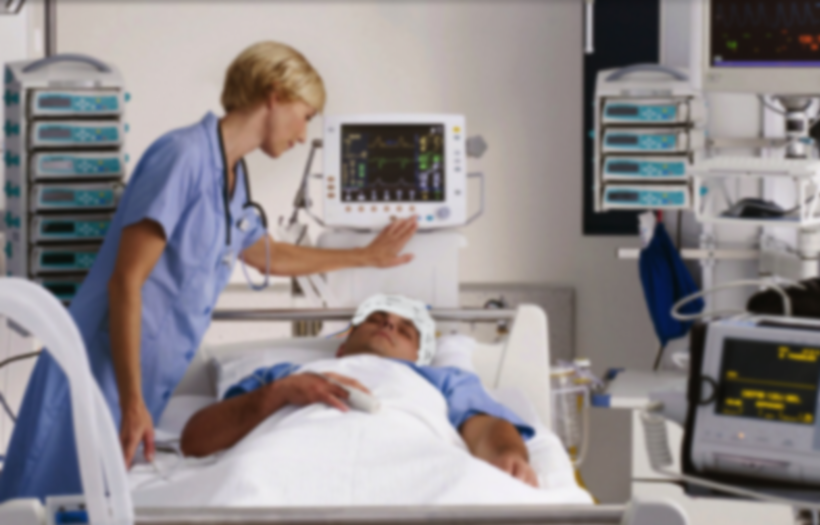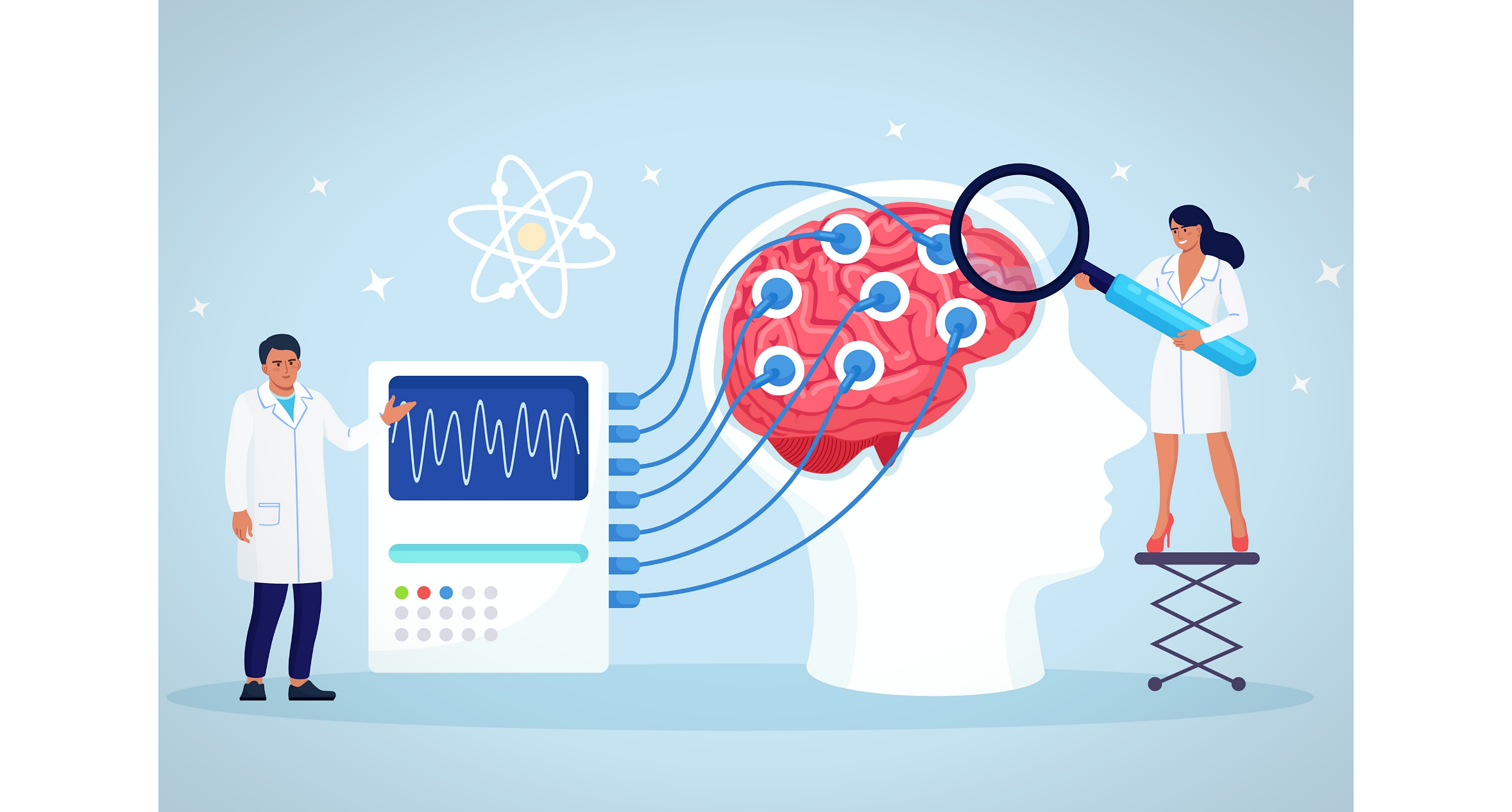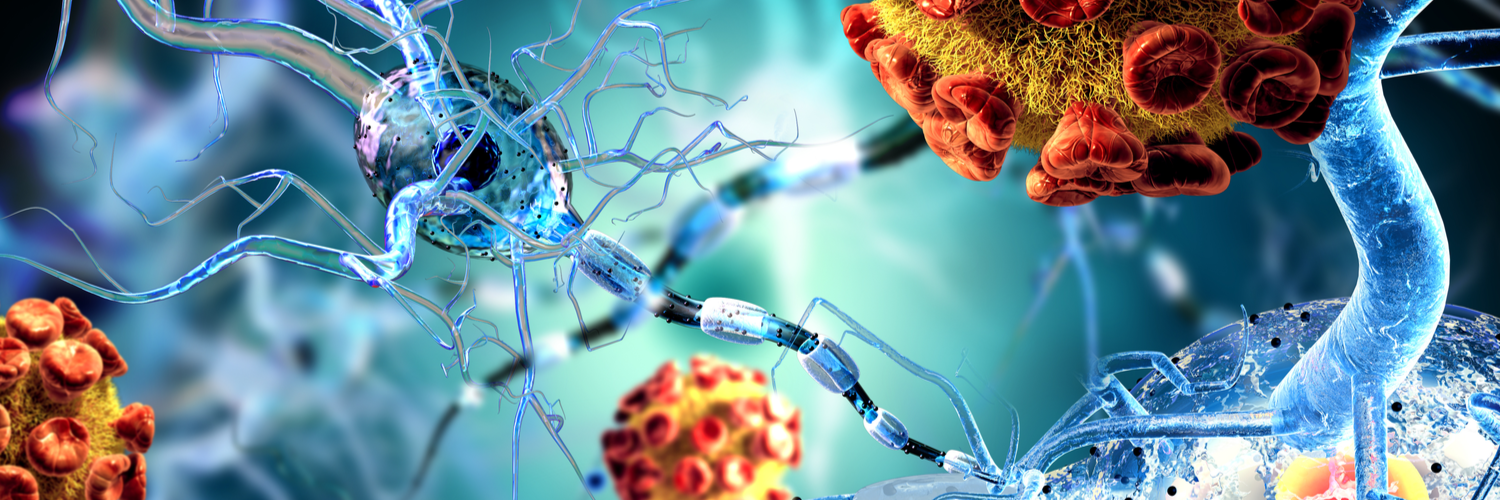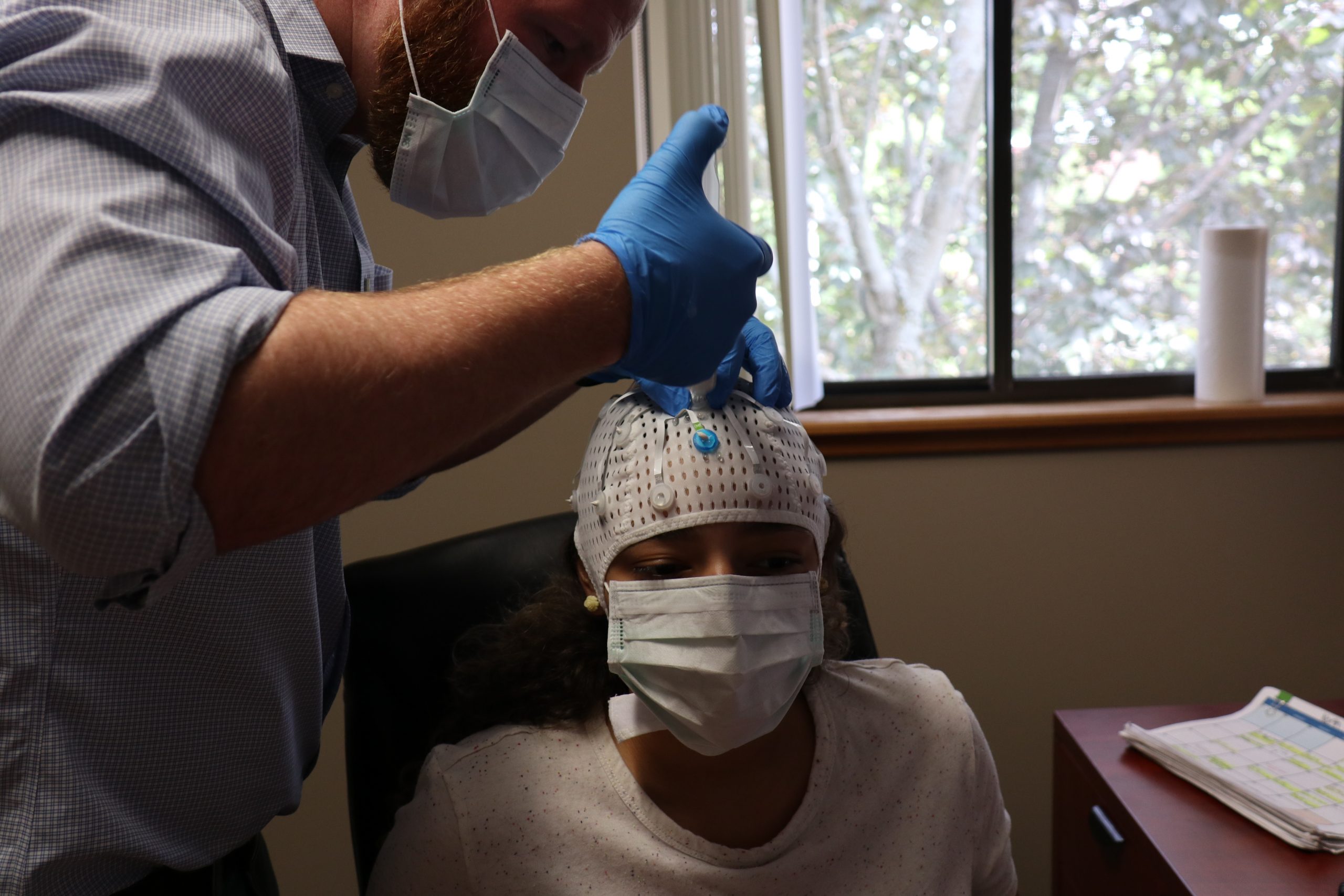Category: Seizure
CortiCap Use Case – Children’s Hospital with Difficult Patient

The Challenge This may be a more common occurrence than recognized. At a children’s hospital, a young patient on the autism spectrum would not lie down or sit still for […]
Read MoreCortiCap Use Case – Need for a Late Shift EEG with No EEG Technologist Available

The Challenge: A common situation at hospitals nationwide is a growing demand to initiate EEG monitoring in Critical Care Units as quickly as possible at any time of the day. […]
Read MoreEEG – A Powerful and Often Overlooked Diagnostic Tool

EEG tests and EEG monitoring are currently underused when it comes to identifying common diseases and performing neurological assessments in hospital patients, particularly in the United States and Canada. The expanded use of EEG can assist clinicians in making an accurate diagnosis, neurological assessment, or prognosis in patients.
Read MorePsychogenic Non-Epileptic Seizures: Common and Difficult to Diagnose

Psychogenic non-epileptic seizures are common and have a wide variety of symptoms, but can often be misdiagnosed and misunderstood.
Read MoreEEG in Therapeutic Hypothermia Following Global Ischemic Injury to the Brain

TH in the setting of global ischemic injury to the brain is a treatment that benefits from EEG monitoring in adult, pediatric, and neonatal patients.
Read MoreEEG – a Frontline Tool for the ED

The role for EEG evaluation and monitoring in the ED is well documented, though … there are challenges to obtaining an EEG recording and having it accurately read in a timely manner.
Read MoreUpdate on the impact of COVID-19 on EEG activity

Reports from Wuhan and Lombardy early in this pandemic indicated that COVID-19 has a significant impact on the brain. In the acute period of SARS-CoV-2 infection, 34.6 % patients were […]
Read MoreLong-Term Video-EEG Studies: EMU vs. In-Home

Long-term EEG studies can take days or weeks to schedule and complete, and studies taking place in the Epilepsy Monitoring Unit (EMU) come with increased risk in today’s circumstances. The […]
Read MoreTeleneurology is Helping Rural Hospitals Retain Patients
Telemedicine or telehealth has been described as a path to virtual integrated care and is changing health care delivery in communities across the United States (US). The use of telehealth […]
Read MoreResources & Recommendations for Neurodiagnostic Testing During COVID-19
ASET- The Neurodiagnostic Society Recently the American Society for Electrodiagnostic Technologists (ASET) published its recommendations on the appropriate infection control precautions to follow when providing needed diagnostic EEG procedures, assuming […]
Read More